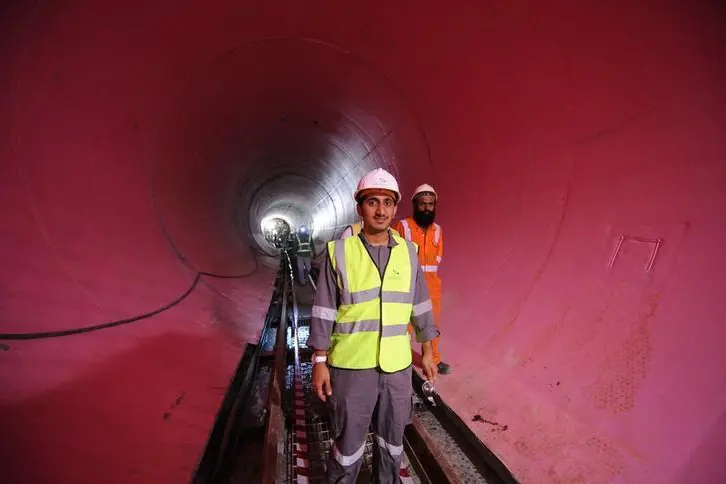PHOTO
Environmentally sustainable options for treating wastewater in the GCC will be explored during a regional symposium today. The Arabian Gulf University’s (AGU) Centre for Environmental and Biological Studies will host a set of sessions centred on ‘Nature-Based Technologies for Wastewater Treatment in GCC Countries’ from 10am to 1pm.
AGU College of Education Administrative and Technical Sciences dean and water resource management professor Dr Waleed Zubari noted that GCC countries were experiencing a severe shortage of natural water resources, a situation expected to deteriorate with population growth and climate change.
“If wastewater is treated and managed effectively, it can represent a valuable opportunity for the circular economy and alleviate pressures on existing water resources,” he added. “As a result, many countries have begun to reuse wastewater from agricultural, industrial and municipal sources as a method to expand their water resource base.”
Experts and stakeholders from across the region will be attending the session, which aims to evaluate the potential of constructed wetlands as a green and cost-effective technology, in addition to other ecosystem-based methods for wastewater management.
The keynote address will be delivered by France-based Strasbourg University professor Dimitri Heintz. The seminar is expected to facilitate new collaboration opportunities among academic institutions, industry professionals and policymakers to develop and implement the technology.
AGU environmental biotechnology professor Dr Wael Almeslmany said constructed wetlands were recognised as a green and economically viable alternative to conventional treatment options.
“This technology utilises a combination of plants and microbes found in the root systems of these plants, which work harmoniously to eliminate hazardous environmental pollutants present in wastewater through bioremediation,” he added. “Such technologies can be tailored to reduce or eliminate carbon emissions, thus contributing to the mitigation of climate change impacts.”
A research team at AGU comprising Dr Zubari, Dr Almeslmany, Dr Abdulhadi Abdulla and Dr Sumaya Youssef is actively investigating this alongside other ecosystem-based technologies for wastewater treatment. The seminar today will also feature talks highlighting how solar energy and microbial electrolysis can be used to purify water.
“Alongside rising levels of treated sewage resulting from increasing domestic water consumption in GCC countries, substantial quantities of produced water associated with oil extraction are also on the rise, particularly as oil fields age,” Dr Zubari added.“This produced water comprises a complex mixture of pollutants and can have detrimental effects on the environment if discharged untreated, leading to considerable costs.”
Copyright 2022 Al Hilal Publishing and Marketing Group Provided by SyndiGate Media Inc. (Syndigate.info).




















